International Women's Day 2022
Another year, another wave of incredible new women artists absolutely killin' it! As ever, this is just the tip of the iceberg, merely a smorgasbord of the female acts that's been on heavy rotation at HEADHQ (whatever my opinion's worth).
Whilst it's easy to be dazzled by the exciting new music showing the lads how it's done, there's still a depressing amount of work required, in the music industry and at events as well as society in general. I'm delighted to feature some words by musician, socialist, and punk professor Grace Healy with a proactive and passionate polemic on the stubbornly entrenched obstacles that still pervade the music community, and the lack of excuses for the woeful inequity that dogs line-ups and shows.
International Women’s Day is a day of action. It is part of the broader collective fight against social, cultural, political and economic discrimination against women across the world. Globally, women continue to battle for the right to work and vote; for protection under the law, access to healthcare and education, equal pay and bodily autonomy. IWD is another day in the relentless, exhausting fight against misogyny in the workplace, the media, on the streets and, for many, at home; another day in the battle for the freedom to walk alone at night, exist in a larger body, to be believed, trusted and respected, for “no” to mean “no”. IWD looks towards a world in which women are safe and have the potential to thrive both personally and professionally. In the spirit of IWD, this short piece is a call to action for those who wish to challenge the culture of misogyny and sexual harassment in the music industry. Unsurprisingly, gender inequality and sexual harassment against women is rife in the music industry.
There have been some high profile cases in recent years, such as R Kelly’s sex trafficking conviction in 2021, and female artists such as Lady Gaga and Lily Allen have bravely spoken publicly about traumatic assaults by a music producer and record industry executive respectively. There are hundreds more (a quick Google search of “sexual abuse in the music industry” generates a worrying number of articles on the subject), and whilst #MeToo has given many women a voice, there are still many survivors who are understandably afraid to speak out. A survey conducted by YouGov in 2018 revealed that 60% of women working in the music industry have experienced sexual harassment at work and 40% of women have been sexually harassed at live music events. In 2019, the Musicians’ Union conducted a similar survey, revealing that almost half its female members (48%) have experienced sexual harassment at work, 61% of women feel at risk because they are freelance and 85% of victims did not report the harassment because of industry culture: the consequences of speaking out would be devastating for their career. Many women even reported leaving the industry altogether to avoid being sexually harassed. In 2019, Vick Bain - former British Academy of Songwriters, Composers and Authors (BASCA) CEO and Director of the board of Parents and Carers in Performing Arts (PiPA) - published a report entitled ‘Counting the Music Industry: The Gender Gap’. Bain’s eye-opening research revealed that in an analysis of more than 100 music publishers and 200 record labels, just 14.18% of the 12,040 writers represented by UK publishers are women, and female artists make up a mere 19.69% of the rosters of acts signed to labels: this means that fewer than 1 in 5 artists currently signed to record labels in the UK are women. Interestingly, students in music colleges are overwhelmingly female (55%) but women progressing from college to a career in the music industry seem to drop off at a certain age. Of those working in the industry who are in their 20s, the ratio of male to female is around 1:1, however, when you look at those who are 45+ the proportion of women drops to 30%. Results of the research conducted by the MU suggests that one of the primary factors in this fall in percentage could be the sexual harassment women are experiencing/are frightened of being exposed to in the industry. Whilst the solution lies mostly in shifting broader social attitudes to women, some actions can be taken within the industry:
● Employers: (1) employers are encouraged by the MU to have a sexual harassment policy in place: “having a policy in place is a proactive step you can take to tackle sexual harassment and encourage a culture where people speak up. The MU recommends having a stand-alone sexual harassment policy that sits within your wider Equality, Diversity & Inclusion (EDI) policies. Having a policy in place means that people know that if they report any instances they will be heard, supported and that the situation will be dealt with effectively”
● Employers: (2) employers are encouraged to consult Fawcett’s Tackling Sexual Harassment in the Workplace: Toolkit: “our Tackling Sexual Harassment in the Workplace Toolkit is a free resource. It will help employers create workplaces where women are safe to report incidents of sexual harassment and support employers to respond appropriately - creating environments where sexual harassment does not happen in the first place”
● Employers: (3) employers are also encouraged to consult PiPA’s Best Practice Charter, as women are more likely to exit the industry due to not only sexual harassment, but parenthood: “the PiPA Best Practice Charter is a set of guiding principles for all professional performing arts organisations to enable the development of supportive working practices which are inclusive and accessible for those with caring responsibilities”
● Academics: academics and researchers are encouraged to examine the career pathways from graduates into industry, as closer attention to this may help reveal more ways in which we can help women feel safer in the industry
● Promoters: BOOK MORE FEMALE AND NON-BINARY BANDS. There are so many reasons why this needs to happen, but ensuring that a higher percentage of women populate these spaces creates solidarity and safety in numbers. Vick Bain has curated ‘The F-List’, a directory of female+ musicians in the UK, in response to the myth that killer female+ bands don’t exist. Promoters, you have no excuses!
For those interested in continuing the conversation, feel free to email me at healygrace43@gmail.com, and if you have experienced sexual assault in the industry and feel you have no one to talk to, you can access the MU’s Safe Space Scheme, an anonymous reporting tool.
#TransWomenAreWomen
- Buy
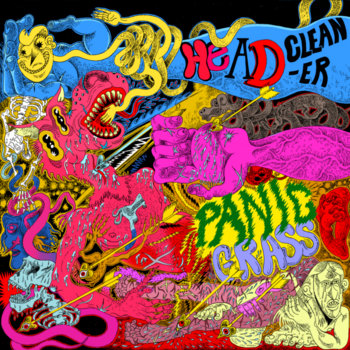 HEADCLEANER -
HEADCLEANER -
pray 4 love - Buy
 DEB5000 -
DEB5000 -
Termite Queen - Buy
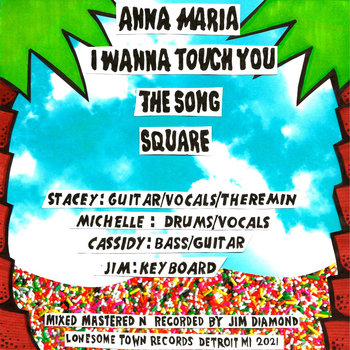 Dear Darkness -
Dear Darkness -
I WANNA TOUCH YOU - Buy
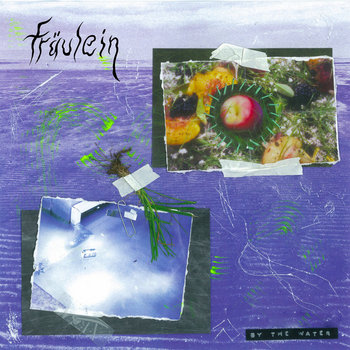 Fräulein -
Fräulein -
By The Water - Buy
 Naomie Klaus -
Naomie Klaus -
Can I Be Your Geisha? - Buy
 Dear Laika -NNA Tapes
Dear Laika -NNA Tapes
Phlebotomy - Buy
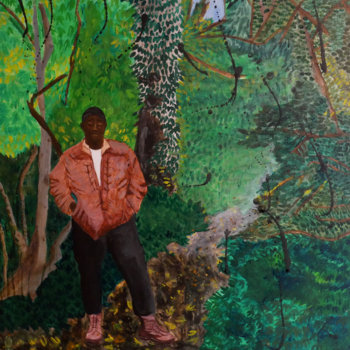 Alpha Maid -
Alpha Maid -
SUM1 - Buy
 Brood X -
Brood X -
SHE SHED - Buy
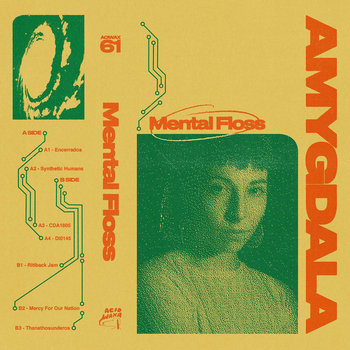 Amygdala -
Amygdala -
Encerrados - Buy
 LILAC//WEB -
LILAC//WEB -
Shrink - Buy
 SATE -
SATE -
Dirty Little Lie - Buy
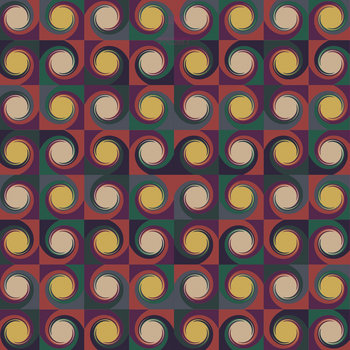 Lambrini Girls -
Lambrini Girls -
Big Dick Energy - Buy
 West of Neptune -
West of Neptune -
KKKavanaugh - Buy
 Panic Shack -Brace Yourself Records
Panic Shack -Brace Yourself Records
Baby - Buy
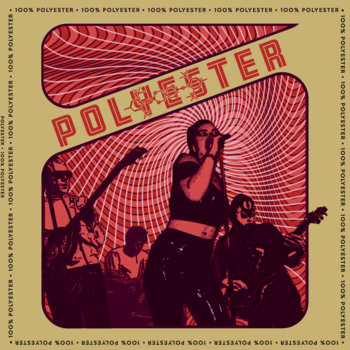 Polyester -
Polyester -
Sue Me - Buy
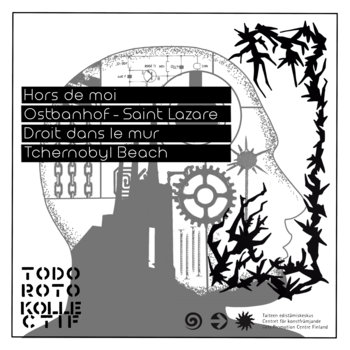 Revanche -
Revanche -
Hors de moi - Buy
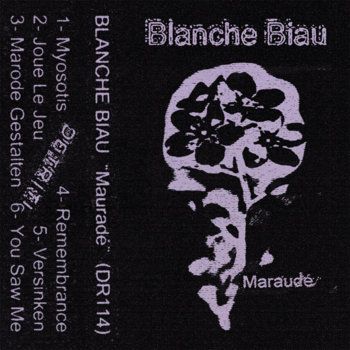 Blanche Biau -
Blanche Biau -
Remembrance - Buy
 Onyda -
Onyda -
Like a Dog - Buy
 Halfsilks -
Halfsilks -
Shadows of Ophelia - Buy
 CIX -
CIX -
Between the Sacred Silence and Sleep
